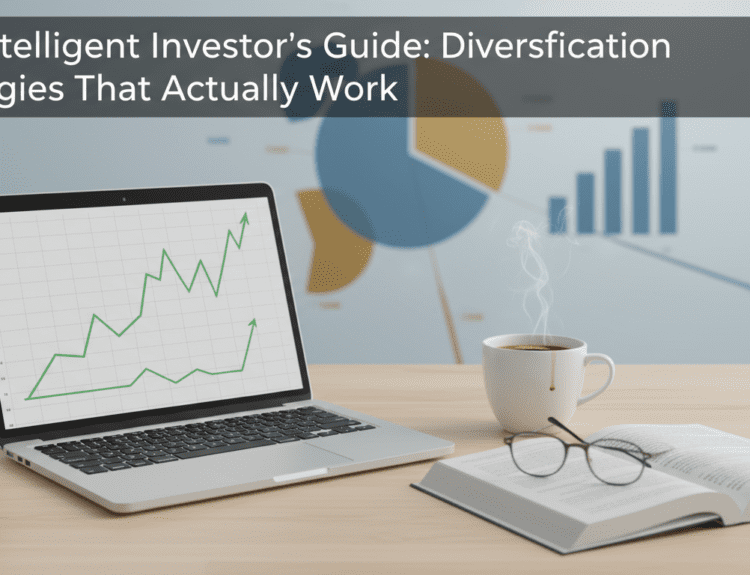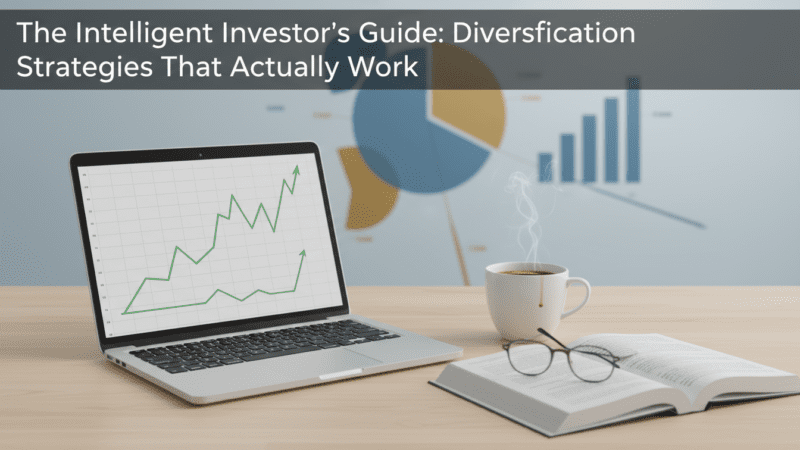The Startup Ecosystem in 2025: A New Era of Innovation
As we move through 2025, the global startup ecosystem is more vibrant and more competitive than ever before. Entrepreneurs are navigating a landscape shaped by rapid technological change, shifting consumer values, and evolving funding models. While the challenges are real, so are the opportunities for those who stay ahead of the curve. Understanding the latest startup trends for 2025 is essential for anyone looking to build a resilient, future-ready business.
1. Artificial Intelligence: The New Startup Backbone
AI is no longer a buzzword—it’s the engine powering the next generation of startups. From automating customer service to optimizing supply chains and personalizing user experiences, artificial intelligence is transforming how businesses operate.
Example:
A fintech startup uses AI-driven analytics to offer personalized financial advice, helping users save more and invest smarter.
“AI is democratizing innovation, allowing even the smallest startups to compete on a global scale.” — Dr. Lina Chen, AI Researcher
2. Sustainability: From Trend to Imperative
Sustainability is now a core expectation, not just a nice-to-have. Consumers and investors alike are demanding transparency and eco-friendly practices. Startups that prioritize sustainability—from sourcing materials responsibly to reducing carbon footprints—are gaining a competitive edge.
Example:
A food delivery startup switched to biodegradable packaging and partnered with local farms, attracting environmentally conscious customers and investors.
“Sustainability isn’t just about compliance; it’s about building trust and long-term value.” — Omar Khalil, GreenTech Entrepreneur
3. Remote-First Operations: The New Normal
The remote work revolution, accelerated by the pandemic, has become a permanent fixture in the startup world. Remote-first operations allow startups to tap into global talent, reduce overhead, and offer employees greater flexibility.
Example:
A SaaS company with a fully remote team scaled from 10 to 100 employees across five continents, all while maintaining a strong company culture through virtual team-building and digital collaboration tools.
4. Evolving Funding Models: Beyond Traditional Venture Capital
The funding landscape is shifting. While venture capital remains important, alternative funding sources like crowdfunding, revenue-based financing, and decentralized finance (DeFi) are gaining traction. These models offer founders more flexibility and control.
Example:
A health tech startup raised its seed round through a combination of equity crowdfunding and grants, allowing it to retain more ownership and align with its mission-driven investors.
“Founders today have more funding options than ever before. The key is to choose the path that aligns with your vision and values.” — Maya Patel, Startup Advisor
5. Hyper-Personalization and Customer-Centricity
Startups are leveraging data and AI to deliver hyper-personalized experiences. Whether it’s tailored product recommendations or custom onboarding flows, customer-centricity is driving loyalty and growth.
Example:
An e-commerce startup uses machine learning to curate product selections for each user, resulting in a 35% increase in repeat purchases.
6. Global Mindset and Cross-Border Expansion
With digital tools breaking down barriers, startups are thinking global from day one. Entering new markets is easier than ever, but it requires cultural sensitivity and local partnerships.
Example:
A language learning app launched in 20 countries within its first year by partnering with local educators and adapting content for regional audiences.
7. Health, Wellness, and Social Impact
Startups focused on health, wellness, and social impact are seeing increased demand. Consumers are prioritizing well-being and ethical business practices, creating opportunities for mission-driven founders.
Example:
A mental health platform offers affordable, remote counseling services, addressing a critical need while scaling rapidly.
Actionable Takeaways for Entrepreneurs
- Embrace AI and automation to streamline operations and enhance customer experiences.
- Prioritize sustainability in every aspect of your business, from product design to supply chain management.
- Adopt a remote-first mindset to access global talent and reduce costs.
- Explore diverse funding options that align with your business goals and values.
- Focus on hyper-personalization to build lasting customer relationships.
- Think globally but act locally—adapt your offerings for different markets.
- Align your mission with social impact to attract both customers and investors.
Conclusion: Shaping the Future of Entrepreneurship
The future of startups is bright for those who are proactive, adaptable, and purpose-driven. By staying informed about the latest startup trends 2025 and embracing innovation, entrepreneurs can build businesses that not only survive but thrive in the years ahead. The entrepreneurship future belongs to those who are ready to lead, learn, and make a difference.









